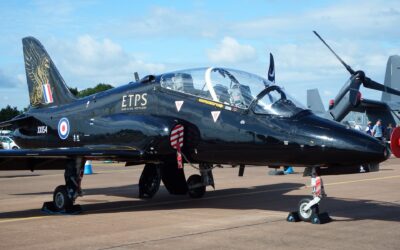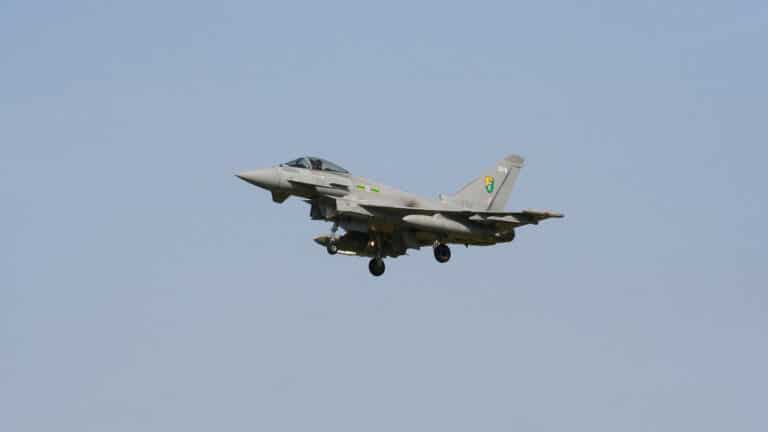BAE Systems, which employs more than 11,000 people at its Warton and Samlesbury sites in Lancashire, secured contracts worth more than £11bn across its air sector last year, helping drive record early careers recruitment in the region.
The Company’s air sector workforce in Lancashire provides vital frontline combat air capabilities to UK and international customers, making an important contribution to safeguarding national defence and security. This includes providing around-the-clock support to the Royal Air Force Typhoon fleets, as well as leading the UK’s industrial contribution to the Global Combat Air Programme (GCAP) to deliver a next generation combat aircraft.
Charles Woodburn, BAE Systems chief executive, said: “We’ve delivered a strong operational and financial performance in 2023 and I’m extremely proud of the way our people have delivered cutting-edge equipment and services to our customers, working together with partners across our supply chain.
“Our performance, combined with our global footprint and record order intake, means we’re well-positioned for sustained growth in the coming years. We’ll keep driving the business forward, investing in new technologies, facilities and our people. This will help us deliver on our order backlog and help ensure our government customers stay ahead in an uncertain world, whilst delivering increased value to our shareholders and the communities where we operate.”
According to IFRS figures the company recorded an operationg profit of just over £2.5bn, and holds an an order book with a value of £58bn.
Key Lancashire highlights over the year included:
- launched FalconWorks, a new centre for advanced and agile research and technology development based in Warton
- secured additional funding of £800m from the UK Ministry of Defence to progress the concepting and assessment of the next generation combat aircraft, Tempest
- progressed work on the combat air flying demonstrator the UK’s first combat aircraft in a generation, which is set to fly within four years
- completed the first successful stratospheric flight trial of PHASA-35, a solar-powered uncrewed aircraft, reaching an altitude of more than 66,000ft
- continued to develop Typhoon capability, the backbone of European air defence, and secured £535m of funding to deliver the European Common Radar System (ECRS) Mk2 radar for the RAF’s Typhoon fleet
- recruited almost 1,500 experienced professionals and more than 600 graduates and apprentices, with plans to hire thousands more in 2024
- announced further funding to support young people’s education programmes in Lancashire, helping to enhance digital and cyber skills in the region
- donated more than £380,000 to local community projects and charities, supporting young people, veterans and the environment.













